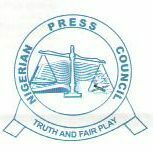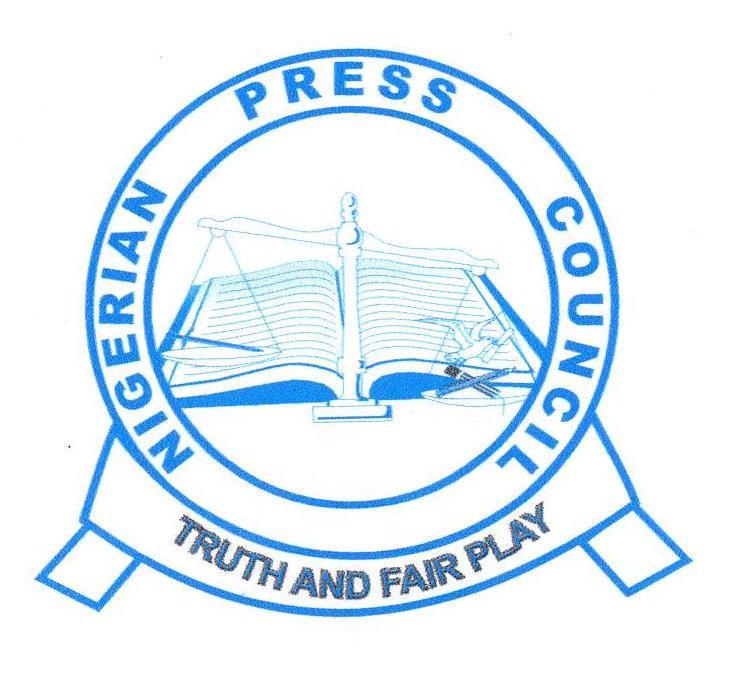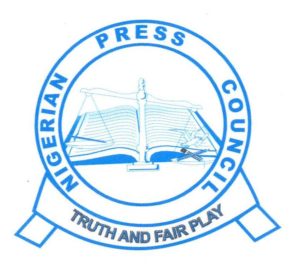COMMUNIQUE ON THE FOCUS GROUP DISCUSSION ON THE INCORPORATION OF DEMOCRATIC GOVERNANCE ISSUES IN THE UNESCO MODEL CURRICULUM FOR DOMESTICATION FOR IMPROVED JOURNALISM EDUCATION IN NIGERIA HELD AT THE CHELSEA HOTEL LTD, WUSE II, ABUJA, ON WEDNESDAY, OCTOBER 30, 2013.
A Focus Group Discussion (FGD) on the incorporation of Democratic Governance Issues in the UNESCO Model Curriculum for Domestication for Improved Journalism Education in Nigeria was held in Abuja on Wednesday, October 30, 2013.
The objective of the interface of the academia and the industry was to review the curriculum of Journalism Education in Nigeria with the purpose of proposing programme content on democracy, governance issues and the emerging media that would be incorporated in the Mass Communication curriculum of Nigerian universities.
The forum was organized by the Nigerian Press Council (NPC) in partnership with the National Universities Commission (NUC), the National Board for Technical Education (NBTE) and the Nigeria Union of Journalists (NUJ), with the support of the UNDP Democratic Governance for Development (DGD) Project in pursuance of the Council’s statutory duty of enhancing high performance and professional standard of the print media.
The Executive Secretary of the NPC, Mr. Bayo Atoyebi, in his opening remarks, stated that the challenge of the workshop was to determine how to contextualize the content of the curriculum in such a way as to address the peculiar needs of the Nigerian society in a bid to wean it from the pervasive undemocratic mores which had led to the stunted growth and development of its critical political institutions and practices. The FGD today, he added, was a culmination of the inputs garnered from Advocacy visits of the Council with relevant stakeholders such as the NUJ and the DGD to the NUC and NBTE.
The Executive Secretary of the NUC, Prof. Julius A. Okojie, represented by the Deputy Executive Secretary, Mr, Akinbode Agbaoye, in his remarks, commended the efforts of the Council in partnering with the NUC and other relevant stakeholders to actualize the mandate/goals of the UNESCO which he stated had started in 2008. He further stated that the NUC was in full support of any efforts that will make mass communication graduates better equipped with relevant knowledge for optimal and effective performance that would make them locally relevant and internationally competitive.
Presentations and discussions embraced such themes as Synopsis for Good Governance Issues: Elements of Chapter II of 1999 Constitution (Significance of Section 22 and FoI Law in Furtherance of Good Governance); Political and Election Reporting and Usage of New Media; Synopsis for Critical Elements of New Media (Information and Communication Technologies) as an Empowerment for the Pursuance of Good Governance, among others.
Observations
(a) The current curriculum is overloaded with courses in General Studies. Any effort to incorporate more courses should be targeted at improving existing related courses by integrating or subsuming the suggested elements.
(b) Though most of the proposed courses have already been captured in the existing curriculum, there seems to be a knowledge gap which must be identified so as to determine the type and scope of courses in issues of good governance and usage of the New Media that could be incorporated.
(a) Section 22 of the Constitution and Freedom of Information (FOI) Act for good governance should be incorporated.
(b) New Communication Technology elements should be embraced in the current curriculum.
(c) The NUC needs to identify a cluster of workshops/seminars for students in their third and final years and this should be integrated in the curriculum. In the same vein, training workshops//seminars should be inculcated for Mass Communication educators as part of the continuous education system so as to bridge the gap between the teachers and the students, particularly in the ICT areas.
(d) The suggested courses are generally designed to strengthen the knowledge of would be practitioners.
(e) ‘Introduction to Mass Communication’ will add other aspects of human communication.
Recommendations
The following new courses and amendments should be incorporated into the Curriculum:
(a) Media and Governance in Nigeria should be taken at 300 Level in the first Semester and should be a 2 Units course. Section 22 of the Constitution and the FOI Act and elements of good governance should be incorporated. This should be a compulsory course.
(b) Moonlighting and gratification should be included in the existing Media Ethics Course contents.
(c) Political Communications should be adopted as a 2 Units Course at 400 Level and the proposed content should include political lobbying, political PR and political opinion polls. This should be an elective course.
(d) Media Regulatory Agencies and Professional Associations should be incorporated as a 2 Units course at the 300 Level and should include the Nigeria Union of Journalists (NUJ); Nigerian Guild of Editors, Newspaper Proprietors’ Association of Nigeria (NPAN), the Nigerian Film and Video Censors Board (NFVCB). This course should be compulsory.
(e) New and Social Media should be expanded to incorporate Multimedia and Online Journalism at 300 Level. This should be compulsory.
(f) Multimedia and Online Journalism II should be introduced at 400 Level as a compulsory course.
The FGD was attended by 20 participants from the academia, eminent journalists, educational and media regulatory bodies as well as social media experts.
Dr. O.E Adesina Prof. Ralph A. Akinfeleye
National Universities Commission Chairman
A.O. Ndem Bayo Atoyebi
National Board for Technical Education Nigerian Press Council


